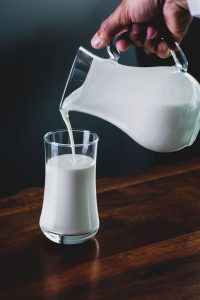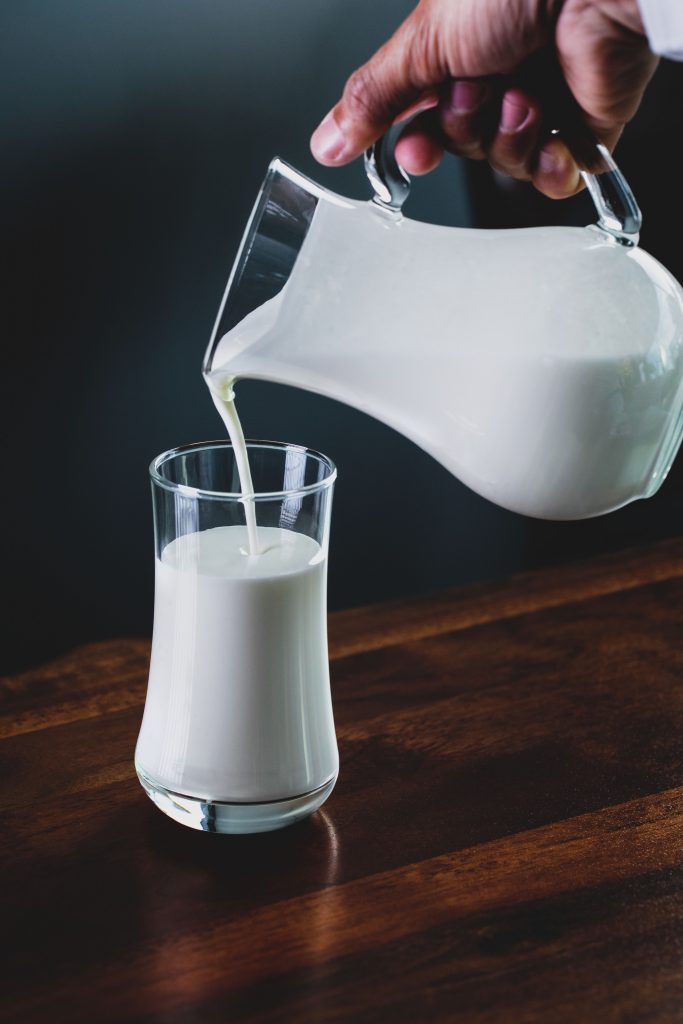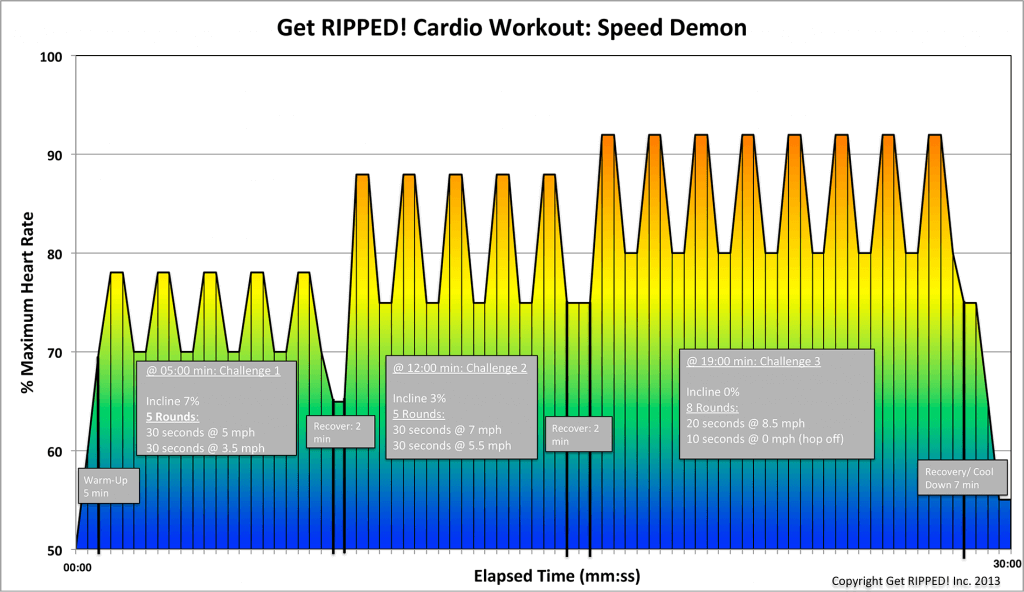Blog
Is It Better To Cut Out Dairy Or Grains
 I’ve talked a lot and even written a blog about how hard it is on your system to digest grain and how truly detrimental to your health refined grain products can be. I’ve also talked about the health risks that dairy can bring. Here in Calgary, Canada, I don’t necessarily recommend you cut out dairy or grains, unless of course, you’re showing signs of distress when you eat either one. Lactose intolerance affects 65% of the population. Approximately 75% of African Americans, 79% native Americans, 50% Hispanics and 90% of all Asians are lactose intolerant. Only 6 to 7% of the US population are gluten intolerant with 1% of the world having a sensitivity.
I’ve talked a lot and even written a blog about how hard it is on your system to digest grain and how truly detrimental to your health refined grain products can be. I’ve also talked about the health risks that dairy can bring. Here in Calgary, Canada, I don’t necessarily recommend you cut out dairy or grains, unless of course, you’re showing signs of distress when you eat either one. Lactose intolerance affects 65% of the population. Approximately 75% of African Americans, 79% native Americans, 50% Hispanics and 90% of all Asians are lactose intolerant. Only 6 to 7% of the US population are gluten intolerant with 1% of the world having a sensitivity.
Dairy and lactose intolerance can cause gastric distress.
If someone is lactose intolerant, they don’t have the enzymes to digest the sugar—lactose—in dairy products. Symptoms vary, but include abdominal cramps, bloating, diarrhea, gas and nausea within 30 minutes to two hours of consuming dairy. Milk contains substantial amounts of thiamin, riboflavin and vitamin B12, fat soluble vitamins A, D, E, and K, plus smaller amounts of niacin, pantothenic acid, vitamin B6, vitamin C, and folate and has been touted as good for bones. However, studies show that less milk means stronger bones and a reduced risk of fracture. Dairy may also promote cancer.
What about grain?
Just like milk, grain is also hard to digest, although gluten intolerance is far less prevalent than lactose intolerance. In the case of grain, it’s not intolerance, but the difficulty in digesting grain. Grain contains an enzyme inhibitor that’s beneficial for see propagation. When birds or animals eat grain, some seeds aren’t crushed, but pass through the animal or bird’s system and “planted” when the animal eliminates. They make it through the system without digesting because of an enzyme inhibitor. Grains also contain phytic acid, preventing the absorption of minerals in the small intestines.
Which is worse, grain or dairy?
Seriously, giving up either one isn’t necessary, unless you suffer from lactose or gluten intolerance. Cutting back on both, however, could be a good idea. Cutting back or cutting out could make losing weight a lot easier, improve your blood sugar levels, improve allergies and give you a healthier digestive system. However, if you’re going to consume dairy, make it butter from grassfed cows, yogurt without sugar, cheese and whey protein. For grain, skip refined grain and flour and opt for whole grain products. If you gluten intolerant, opt for amaranth, arrowroot, buckwheat, flax, millet and use rice soy, potato and bean flour.
- Giving up or limiting both grain and dairy can help you lose weight faster. Even if you don’t give up whole grains, eliminate processed grains entirely from your diet. They offer no benefit to the body.
- There is evidence that giving up grain can lead to better digestion, improved digestive microbes, reduction of inflammation, weight loss and improved cholesterol.
- If you want to improve the ability to digest both dairy and grain, fermentation is one way. Fermented dairy, like kefir is good for you. Sprouting and soaking also makes grain healthier.
- Find ways to replace grain products with vegetables, like spiralizing noodles from zucchini or using spaghetti squash to replace regular spaghetti.
For more information, contact us today at Jari Love


